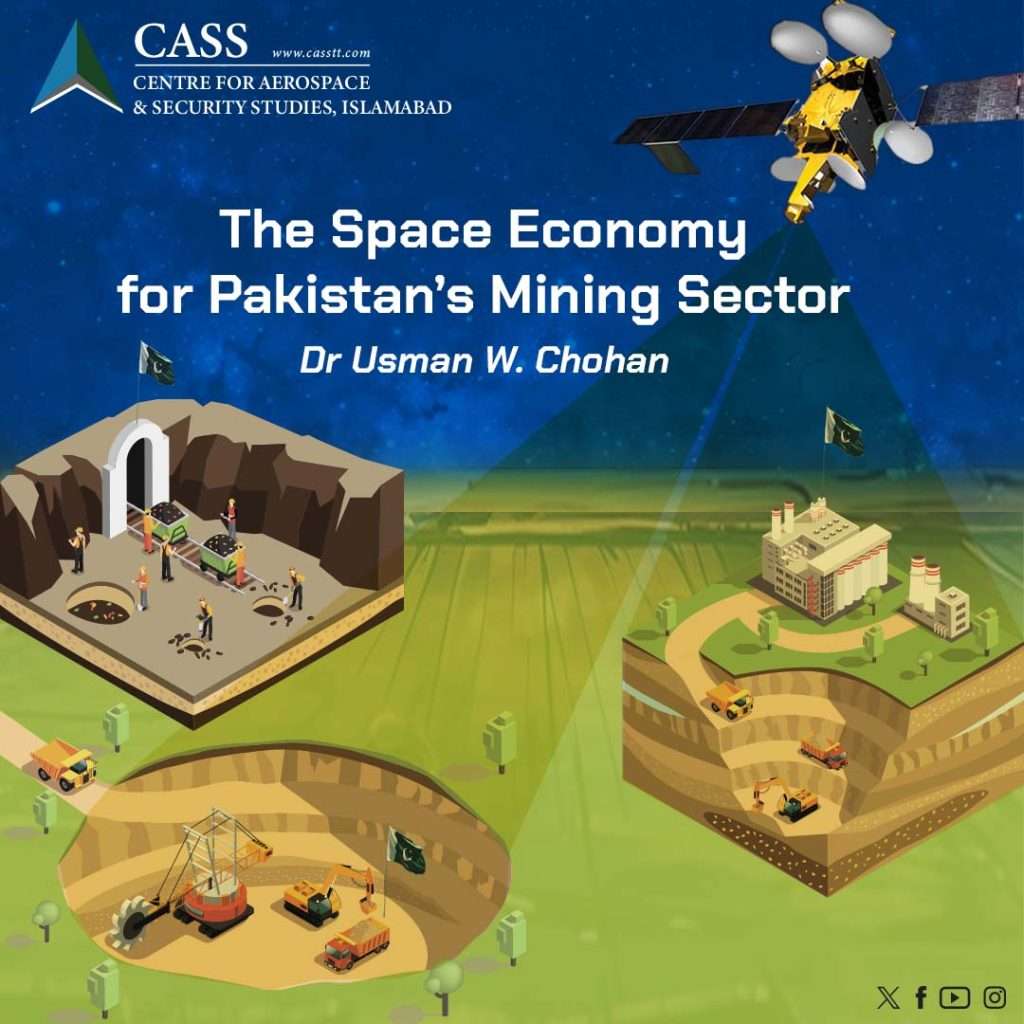Most parts of the world, particularly Western Europe, are afflicted by a category 3 heat wave called ‘Zoe’ – the world’s first named heat wave. The World Meteorological Organization (WMO) issued a warning that heat waves will become more common into the 2060s as temperatures are predicted to be above average in the coming years. The amount of carbon dioxide in the atmosphere has increased to such an extent that the downward trend will last for decades.
In the last couple of weeks, heat waves have adversely affected many countries. The United Kingdom experienced its highest temperature in decades, i.e., over 400 Celsius. France issued a warning of ‘highest possible alert’ amid wildfires in the country. Italy declared a drought emergency. Many other countries, such as Portugal, Spain, France, Germany and Romania are also impacted by unprecedented drought conditions. Not only Europe, the United States is undergoing a similar situation. A study found that millions of Americans were at risk for heat-related illnesses and severe heat exposure. Similarly, due to climate change, California continues to see longer wildfire seasons in 2022 forcing thousands of people to evacuate the area.
Moving on to the South Asian region, according to estimates, about 30% of Pakistan and 70% of India have been affected by extremely hot weather. According to a report by the World Weather Attribution Network (WWAN), the temperature rise started early in the region somewhere around March and lasted longer than usual coupled with less rainfall. Pakistan experienced floods in northern areas and forest fires in Margalla Hills. There was a significant decrease in wheat crop yield in both countries. The Indian government had to abandon a plan to supplement the world’s wheat supply, affected by the Ukraine conflict. All of these are attributed to human-induced climate change.
Due to human-induced climate change, heat waves have become more common, powerful, and long-lasting. Majority of global warming seen since 1950 has been driven by human emissions and activities. Globally, hot days are becoming hotter and more frequent, on the other hand, cold days are becoming shorter in duration. Heat waves are more dangerous when combined with high humidity measured by the heat index. According to a recent study, there will be twice as many days each year with a heat index above 1000 Fahrenheit and three times as many days with a heat index over 1050.
Cities and metropolitan regions are also hotter than rural places. Urban regions have fewer green spaces and more heat-absorbing infrastructure, which causes temperatures to rise by 1 to 7 degrees F – the urban heat island effect. More heat means more power consumption. And in the upcoming years, air conditioning will consume the most power. According to an analysis, ventilation and air conditioning—which is currently over 50% of the overall commercial demand—would increase to 75% by 2030. The amount of energy used by air conditioners would also increase in residential segments. By 2030, from its current level of 7%, it will account for 45% of household electricity demand. Air conditioners pose a direct threat to the climate. Hydrofluorocarbons (HFCs) used in cooling and refrigeration can trap heat in the atmosphere up to 12,000 times greater than carbon dioxide, hence contributing to global warming.
Returning to the global heat wave, the warmest month on record for countries in Europe and Asia was July, according to a map released by the National Aeronautics and Space Administration (NASA). Heat-related problems might affect more than 154 million people, making it a direct threat to human security.
The world has begun witnessing the negative effects of climate change. All nations must prepare for such emergencies and in this regard, cooperation is necessary to mitigate potential hazards. The first step is to evaluate the threats to public health posed by extreme heat and raise knowledge of the measures that can be taken. Second, all sectors of society should be urged to plant trees in order to contribute to lowering the planet’s temperature. Thirdly, steps should be taken to combat food shortages and drought, such as increasing the number of dams to store water during rainy seasons. In this regard, developed nations should assist developing nations in constructing water storage sites. To overcome food shortages, the gap between the farmers and the scientific community should be bridged to create awareness of when to sow and harvest crops to maximize crop yield.
To sum up, it is now imperative that nations move past the political blame game and focus on saving the planet through collective, collaborative actual action.
Etfa Khurshid Mirza is a Researcher at the Centre for Aerospace & Security Studies (CASS), Islamabad, Pakistan. Her area of interest is warfare and emerging technologies. The article was first published in Pakistan Observer. She can be reached at cass.thinkers@gmail.com.





